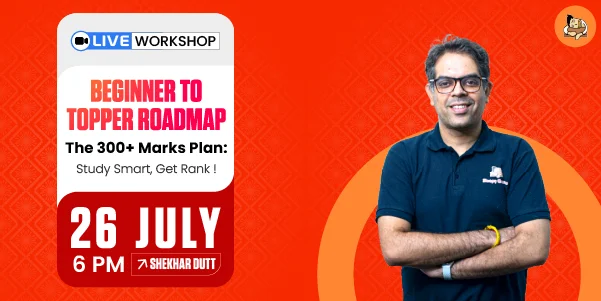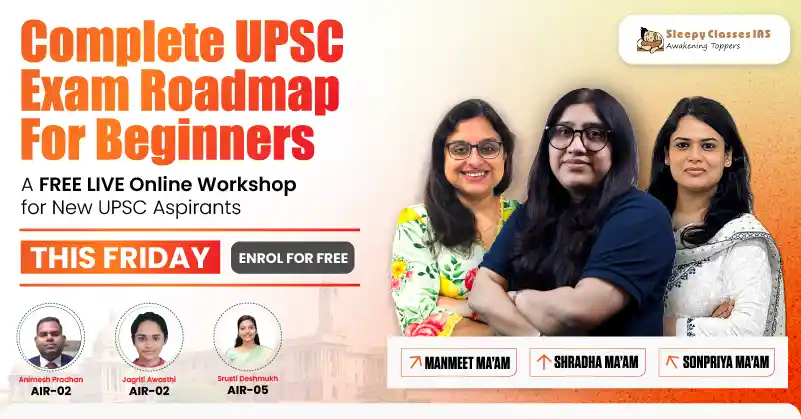How to Tackle UPSC Prelims Economy Questions
The economy section in UPSC Prelims is crucial and requires focused preparation, as it covers topics that demand a clear understanding of fundamental concepts and their applications. Questions on the economy are often analytical, testing a candidate’s conceptual knowledge, current understanding of economic policies, and the impact of these policies on various sectors. Here’s a strategic approach to mastering UPSC Prelims Economy questions and effectively boosting your score in this section.
1. Know the Syllabus Thoroughly
The first step to mastering UPSC Prelims Economy is to understand the syllabus deeply. Focus on the following major areas:
- Basic economic concepts like inflation, GDP, and monetary and fiscal policy.
- Banking and financial systems, including RBI policies, NPAs, and types of banking instruments.
- Government schemes and policies related to economy.
- Budget and Economic Survey insights.
For a complete understanding of the UPSC Prelims Economy syllabus, you can refer to Sleepy Classes’ detailed syllabus breakdown.
2. Begin with NCERTs for Fundamentals
Starting with NCERT books for Classes XI and XII is essential as they cover the basics in a clear, concise manner. Important books include:
- Indian Economic Development (Class XI)
- Macroeconomics (Class XII)
NCERT books help build a strong foundation in UPSC Prelims Economy and make complex concepts easier to understand. These texts introduce you to fundamental economic terms and concepts that are often directly tested in prelims. Find these resources on NCERT’s official site.
3. Go Through Standard Reference Books
Once you have a firm grasp of the basics, move on to standard reference books for UPSC. The following are commonly recommended:
- Indian Economy by Ramesh Singh – This book is a staple for UPSC Prelims Economy, providing detailed explanations and examples.
- The Indian Economy by Sanjiv Verma – Known for its simplified content, especially helpful for aspirants who are non-economics graduates.
- Dutt & Sundaram’s Indian Economy – A comprehensive book that dives deep into economic theories, useful for both prelims and mains.
These books cover various facets of UPSC Prelims Economy, from basic definitions to advanced topics like international trade and the impact of globalization.
4. Keep Up with Current Affairs
Economy-related current affairs are critical for UPSC Prelims. Questions often include recent developments and government initiatives. Ensure that you:
- Follow economic sections in newspapers like The Hindu and Indian Express, paying attention to policies, budget highlights, and RBI announcements.
- Read Yojana and Kurukshetra magazines for in-depth analysis of economic issues and policies.
Sleepy Classes also offers a well-structured Current Affairs Program that covers all relevant economic updates, explained in an easy-to-understand format.
5. Analyze the Economic Survey and Budget
The Economic Survey and Union Budget provide essential information for UPSC Prelims Economy. These documents are released annually by the Government of India and are a rich source of data, trends, and economic initiatives. Key areas to focus on include:
- Sectoral growth trends, e.g., agriculture, industry, and services.
- Key economic indicators like inflation, fiscal deficit, and trade balance.
- New schemes and initiatives launched in the budget.
Sleepy Classes provides an annual analysis of the Economic Survey and Budget, accessible through their GS Paper 3 resources, which is helpful for both prelims and mains.
6. Practice with PYQs and Mock Tests
Practicing Previous Year Questions (PYQs) is a crucial step in preparing for UPSC Prelims Economy. This helps you understand the kind of questions asked and identify recurring topics. Additionally, mock tests simulate the exam environment, testing your knowledge under timed conditions.
- Access UPSC Prelims Economy PYQs on Sleepy Classes’ PYQ Compilation.
- Use reputable mock test series for thorough practice. Look for ones that offer detailed explanations to help you learn from any mistakes.
7. Develop Conceptual Clarity
To tackle questions in UPSC Prelims Economy, you need to develop a conceptual understanding of topics rather than rote learning. Focus on understanding:
- How policies like the Goods and Services Tax (GST) impact the economy.
- The difference between terms like repo rate, reverse repo rate, and CRR.
- The working of fiscal and monetary policies and their implications.
You can find detailed video lectures covering these topics on the Sleepy Classes YouTube Channel, which are excellent for grasping complex economic concepts.
8. Use Mind Maps and Revision Notes
Creating mind maps and summary notes helps retain key economic concepts. Try making notes on topics like inflation, banking systems, types of markets, etc., with essential keywords, making it easier to recall during revision. Mind maps can visually organize information, especially when dealing with interconnected topics like fiscal policy and government budgeting.
9. Familiarize with Frequently Asked Topics
Some topics in UPSC Prelims Economy tend to be repeated or given more weightage. These include:
- Inflation: Types, causes, and effects.
- Types of banking systems and functions of the Reserve Bank of India.
- Foreign exchange reserves and currency markets.
- Government policies, e.g., PM-KISAN, MNREGA, and Start-Up India.
For a comprehensive list of important topics, refer to Sleepy Classes’ Economy Course, which includes topic-wise classes for prelims and mains.
10. Take Time for Revision
In the final weeks before the exam, ensure you revise all major topics. Going through your notes and revisiting important areas will strengthen your preparation and boost confidence.
Conclusion
With the right resources and approach, mastering UPSC Prelims Economy can be within your reach. From NCERTs and current affairs to mock tests and mind maps, using these strategies effectively will help you understand and answer economy questions confidently. Make sure to utilize platforms like Sleepy Classes for structured courses and practice, as well as other key resources. Good luck with your preparation!




